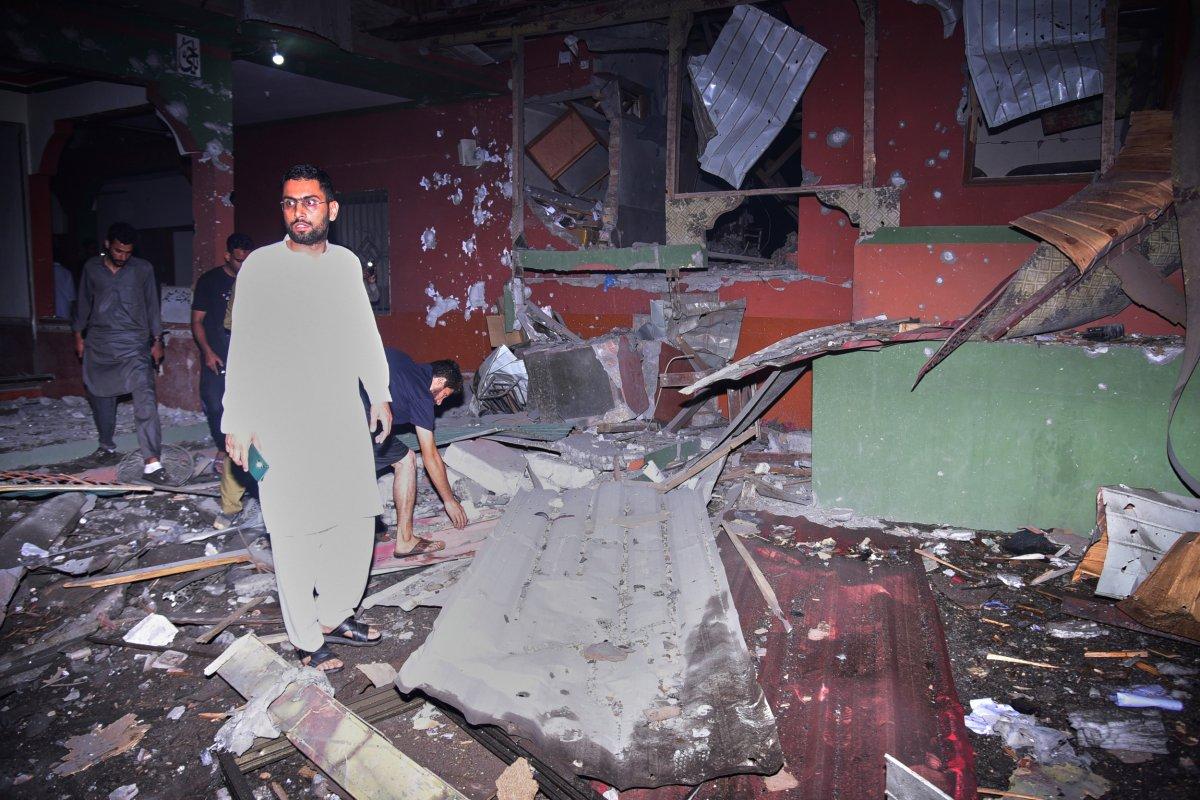Physical Address
304 North Cardinal St.
Dorchester Center, MA 02124
Physical Address
304 North Cardinal St.
Dorchester Center, MA 02124

India-Pakistan tensions escalate after a deadly militant attack on April 22, 2025, in Pahalgam, Indian-administered Kashmir. Twenty-six civilians—mostly Indian tourists—were killed by militants from The Resistance Front (TRF), allegedly linked to Pakistan-based Lashkar-e-Taiba.
India accused Pakistan of sponsoring the assault. Islamabad denied involvement and called for a neutral investigation.
Takeaway: A single attack has reignited a volatile, high-stakes rivalry.

On May 7, India launched Operation Sindoor, striking nine alleged terrorist sites in Pakistan and Pakistan-administered Kashmir, including Muzaffarabad and Kotli. The strikes used precision missiles but didn’t cross Pakistani airspace.
India called the action “measured and focused,” targeting only terror infrastructure.
Takeaway: India hit hard but aimed to avoid triggering a full-scale conflict.
Pakistan condemned the strikes as a “blatant act of aggression,” reporting at least eight civilian deaths, dozens of injuries, and damage to a hydroelectric plant. It claims five Indian jets were shot down—India hasn’t confirmed.
Pakistani officials say retaliation will be “decisive” and at a time of their choosing.
Takeaway: The response may not be immediate—but it’s coming.
In the days following the Pahalgam attack, India-Pakistan tensions escalated on multiple fronts. India suspended the Indus Waters Treaty, expelled diplomats, blocked visas, and sealed the border. Pakistan hit back—suspending trade, banning Indian flights, and halting the 1972 Simla Agreement.
Cross-border skirmishes along the Line of Control have intensified, though no civilian casualties have been confirmed in those exchanges.
Takeaway: Tit-for-tat measures have pushed both countries into diplomatic freefall.

This is not 2019. Both sides are now more militarized. India has French-made Rafale jets. Pakistan, Chinese J-10 fighters. Defense budgets are up. So are tensions.
Analysts warn that as India-Pakistan tensions escalate, miscalculations—not intent—could lead to rapid conflict.
Takeaway: Both sides may want to avoid war, but pressure and pride could take over.
The United States, China, and the UN have all issued calls for restraint. Washington urged Pakistan to cooperate in investigations and asked India to avoid further escalation.
The UN warned of “catastrophic consequences” if diplomacy fails.
Takeaway: The globe is alert—because this isn’t just a regional issue.
Daily News. No B.S. No Fluff. Just What You Need to Know.